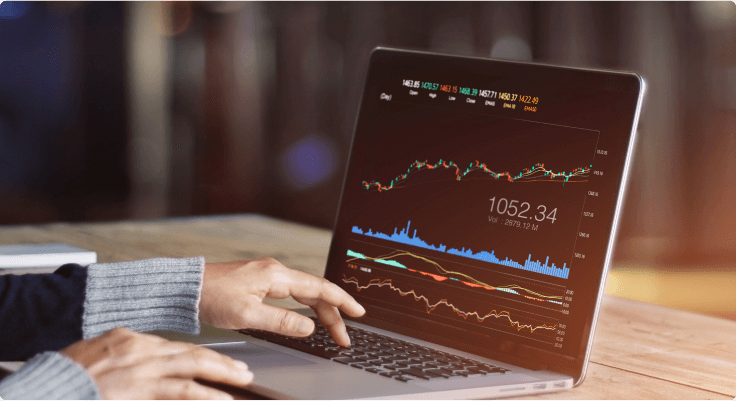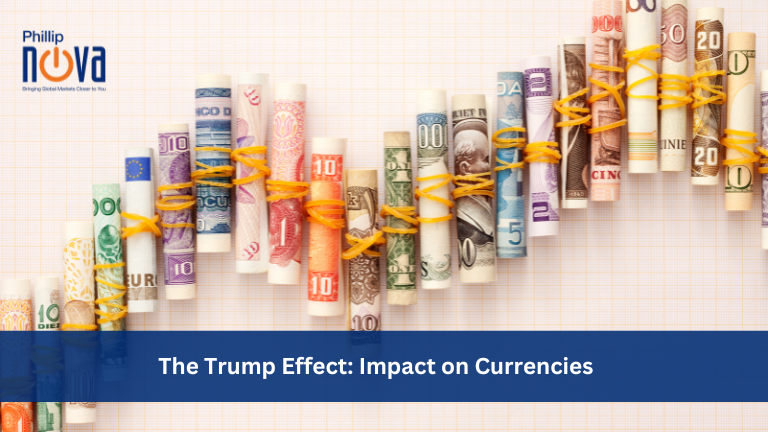By Eric Lee, Account Manager, Phillip Futures
News about rising inflation rates has been making the stock market jittery lately. How concerned should we be about its impact to our portfolio? (https://www.nbcnews.com/business/consumer/latest-inflation-reading-shows-prices-continue-rise-n1281400)

Above chart shows the historical annualised rate of inflation. Greyed portion indicates period of recession and red line indicate 5% inflation level. High inflation is a key indicator to watch out for as it might lead to economic downturn. But this is not the be all, end all indicator, we still have to check out other indicators to gauge the health of the economy.

Often, the best leading indicator for recession is the Unemployment Rate. With the exception of the brief recession caused by the COVID-19 outbreak last year, all other previous recessions saw the Unemployment Rate flatten out and reverse before recession hit the economy. Hence, a recession is caused when people lose their jobs and consumption slows down, causing the economic growth to reverse. The U.S. Unemployment Rate is still on its way down with the global economy gradually opening up, putting in place various measures to combat the Coronavirus.
Why are we linking these economic indicators to a recession and not to the stock market? The reason is bear markets usually happen when there is a recession in the economy. That’s because in a recession, profits for companies will drop, some will even report losses, thus causing a deeper sell down in stock prices. If there’s no recession, then usually what we get is a 10-20% market correction, which the market generally recovers from promptly.

The next indicator I like to refer to is Housing Starts. This economic indicator measures new residential projects for each month. This is often considered a key leading indicator as when consumers are uncertain about their job security, they will put off buying a big ticket item like a new apartment. This can be seen evidently 1-2 years before the bear market in 2000 and 2008.
To conclude, inflation is giving us some cause for concern but the Unemployment Rate and Housing Starts are looking fine as of now. If the companies you invest in are able to pass the rise in cost to the consumer and not be highly indebted, then they will be less likely to be impacted by the inflation.

Eric Lee is an Account Manager with Phillip Futures. With expertise in Futures, Forex, Stocks, and Unit Trust, Eric makes an all-rounded advisor. Make informed trading decisions without spending time combing through endless information as Eric readily provides clients with trade alerts and insights via WhatsApp. Over his years of experience, Eric developed systematic strategies in trading and investing. Book a complimentary coaching session below to leverage on his expertise as he imparts his knowledge to enhance your trading journey.












